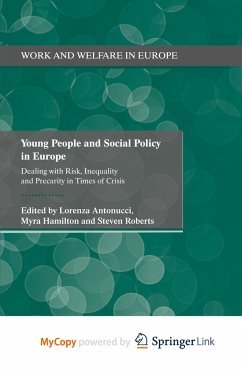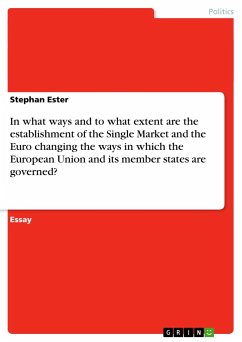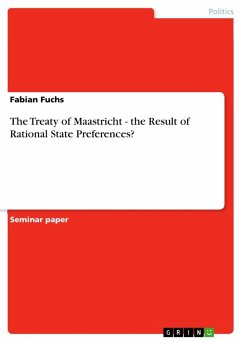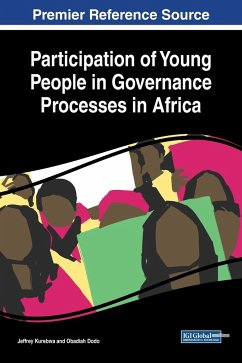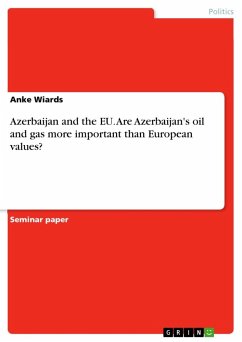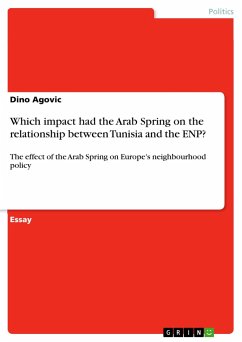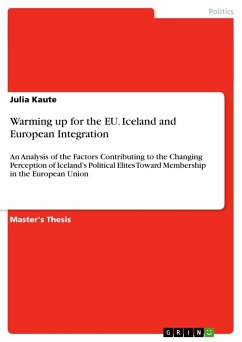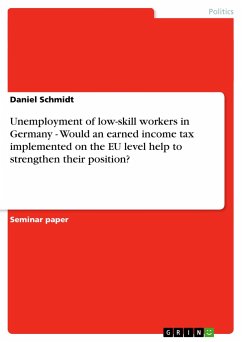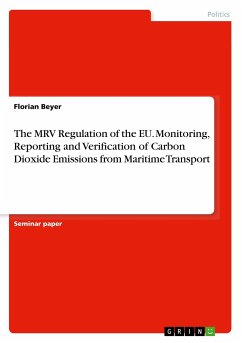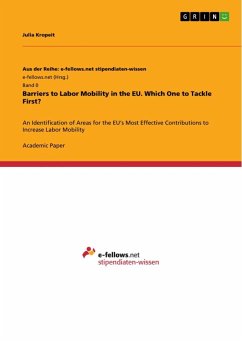
Barriers to Labor Mobility in the EU. Which One to Tackle First?
An Identification of Areas for the EU's Most Effective Contributions to Increase Labor Mobility

PAYBACK Punkte
0 °P sammeln!
Academic Paper from the year 2012 in the subject Politics - Topic: European Union, grade: 1,4, Hertie School of Governance, course: EU Economic Governance, language: English, abstract: With the right of free movement across borders being granted to all EU citizens, why do European workers remain locally bound even in times of crises? This question has given rise to a large number of studies and discussions on existing barriers to labor mobility which have persisted despite the legal freedoms. The goal if this essay is threefold: it will identify the most critical barriers, show via which mecha...
Academic Paper from the year 2012 in the subject Politics - Topic: European Union, grade: 1,4, Hertie School of Governance, course: EU Economic Governance, language: English, abstract: With the right of free movement across borders being granted to all EU citizens, why do European workers remain locally bound even in times of crises? This question has given rise to a large number of studies and discussions on existing barriers to labor mobility which have persisted despite the legal freedoms. The goal if this essay is threefold: it will identify the most critical barriers, show via which mechanisms these barriers can be lowered, and assess for which barriers the EU, considering its capacities and those of Member States and conforming to the subsidiarity principle, can have the greatest direct impact on lowering them. While the essay will not directly evaluate the effectiveness of previous EU policies targeted towards increasing labor mobility, it will show in which areas increased efforts by the EU can transform into tangible results in the most efficient way. The essay proceeds in the following way: In the first section, it recaps the economic rationale underlying the importance of labor mobility in a monetary union. In the second section, it shows which patterns of labor mobility can currently be observed in the EU. Section three introduces the four key barriers that constrain labor mobility in the EU, and section four outlines through which mechanisms these barriers can be addressed and provides the assessment of the EU¿s impact on lowering them.




